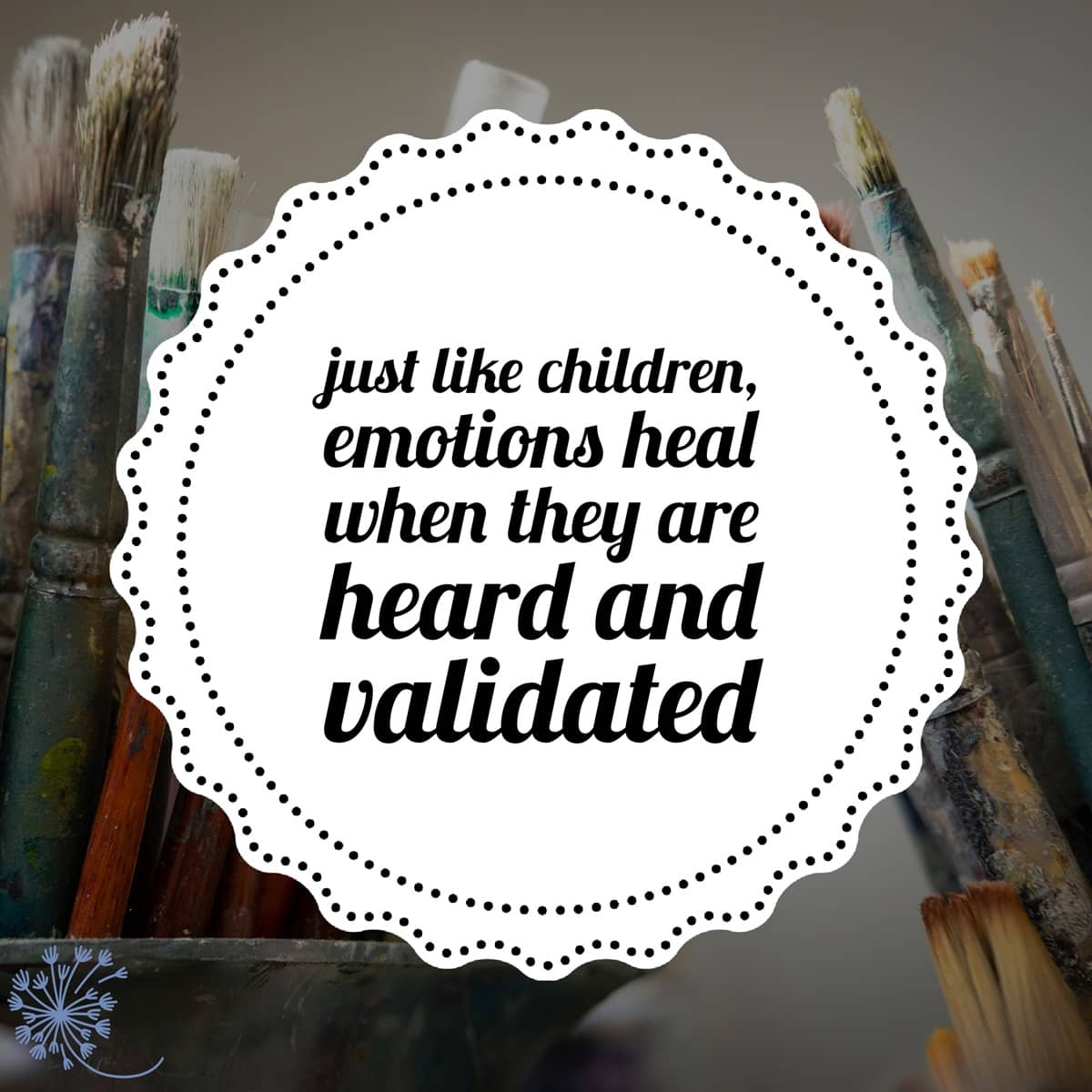Understanding Emotional Invalidation and Setting Effective Boundaries
Learn how emotional validation and boundary setting is essential in healthy relationships and personal well-being.
by Pamela Madsen | , updated
Emotional validation is essential in healthy relationships and personal well-being. It involves acknowledging and accepting another person’s emotional experiences as valid and important. Conversely, emotional invalidation occurs when someone’s feelings are dismissed, minimized, or judged as unworthy of attention or consideration. This can happen unintentionally or intentionally, but its impact can be profound, often leading to confusion, self-doubt, and strained relationships.
What is Emotional Invalidation?
Emotional invalidation can take various forms, such as:
- Minimization: “It’s not a big deal, don’t overreact.”
- Dismissing: “You’re just being too sensitive.”
- Ignoring: Failing to acknowledge or respond to someone’s emotions.
- Blaming: “You’re the reason this happened.”
- Comparing: “Others have it worse, so you shouldn’t feel this way.”
These responses, while sometimes well-intentioned, can undermine a person’s sense of self-worth and hinder their ability to express and process emotions effectively.
The Impact of Emotional Invalidation
When individuals experience repeated emotional invalidation, they may begin to doubt their own feelings and perceptions. This can lead to:
- Self-doubt: Feeling unsure about one’s emotions and reactions.
- Difficulty in Relationships: Struggling to connect authentically with others.
- Emotional Distress: Increased anxiety, depression, or anger.
- Low Self-Esteem: Feeling unworthy or undeserving of validation.
Recognizing the signs of emotional invalidation is crucial for fostering healthier interactions and promoting emotional well-being.
Setting Effective Boundaries
Setting boundaries is essential in mitigating the effects of emotional invalidation and maintaining healthy relationships. Here are some strategies to establish and communicate boundaries effectively:
- Self-Awareness: Understand your own emotional needs and triggers. Recognize when you feel invalidated and how it affects you.
- Identify Boundaries: Determine what behaviors and responses are acceptable and unacceptable to you in relationships.
- Communicate Clearly: Express your boundaries assertively but respectfully. Use “I” statements to convey your feelings and needs without blaming or accusing.
- Enforce Boundaries: Consistently reinforce your boundaries by following through with appropriate consequences if they are violated. This reinforces your self-respect and communicates the importance of mutual respect in relationships.
- Seek Support: Surround yourself with people who respect your boundaries and validate your emotions. If emotional invalidation has significantly impacted your well-being, seek therapy or counseling.
Emotional validation and boundary-setting are essential for nurturing healthy relationships and personal growth. By recognizing the signs of emotional invalidation and actively setting boundaries, you empower yourself to cultivate more authentic connections and enhance emotional resilience. Remember, your emotions are valid, and advocating for your emotional well-being is crucial to self-care and personal development.
Embrace the journey of understanding and respecting your feelings, and empower yourself to create healthier, more fulfilling relationships. Suppose you are struggling in your relationships due to emotional invalidation. In that case, counseling may be beneficial for healing from painful past experiences and staying forward in setting effective boundaries with those around you.







